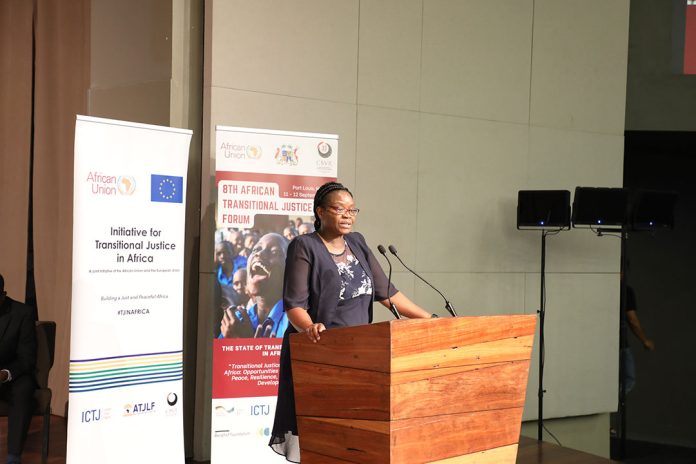Facebook Twitter (X) Instagram Somali Magazine - People's Magazine
Local groups in Ethiopia and Somalia are ramping up efforts for reconciliation and transitional justice, aiming to heal deep-rooted divisions and promote peace across the Horn of Africa. These community-driven initiatives are seen as a pathway to stability after years of conflict and unresolved grievances.
Building Reconciliation from the Ground Up
Efforts for peace are focusing on transitional justice and reconciliation (TJ&R), where community-based programs aim to mend social rifts by acknowledging past injustices. According to Patience Chiradza, African Union director for Governance and Conflict Prevention, transitional justice can help transform societies, foster inclusivity, and support human rights. This sentiment was echoed at the recent African Transitional Justice Forum, where leaders discussed TJ&R’s potential to bring sustainable peace.
“Transitional justice can help to transform a society by addressing historical injustices, fostering inclusivity, and promoting a culture of human rights,” said Chiradza at the forum.
Ethiopia and Somalia’s Path to Transitional Justice
Both countries have initiated national reconciliation processes, yet efforts face challenges. In Ethiopia, a 2022 peace deal ended civil war in the Tigray region, but a national transitional justice policy remains under debate. Critics, including the Addis Standard, argue that the government’s direct involvement risks undermining public trust in the process.
Somalia launched its National Reconciliation Framework (NRF) in 2017, but delays meant it was only recently relaunched. Somalia’s NRF integrates traditional conflict resolution methods to promote national reconciliation and counter-extremism.
Role of Civil Society Organizations (CSOs)
CSOs play a key role in advancing reconciliation by leading dialogue, civic education, and truth-telling. These groups have established trust within their communities and often work with historically marginalized groups. Experts Saron Hirpa Abu and Eden Matiyas Mulugeta from the Wilson Center emphasized the importance of local CSOs in expanding the reach of TJ&R initiatives.
“CSOs are well-positioned to lead community dialogues, civic education, truth-telling, and reconciliation initiatives,” they wrote. “To enhance these efforts, governments need to establish genuine platforms that support CSO-led initiatives.”
Challenges and the Road Ahead
While both Ethiopia and Somalia seek peace, unresolved grievances threaten progress. The AU’s Transitional Justice Policy underscores the need for inclusive governance to avoid reigniting conflict. Local organizations are expected to lead where national policies have faltered, offering renewed hope for lasting peace.

